
Understanding Evolution: Evidence That Species Evolve Over Time
Understanding Evolution: Evidence That Species Evolve Over Time
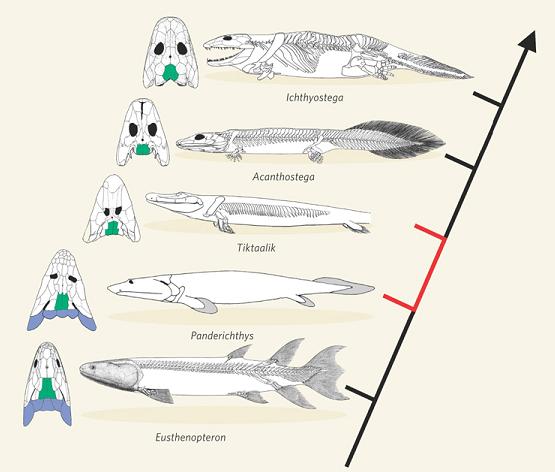
When it comes to evolution, the question is not whether species evolve — it’s how they evolve. Evolution is a scientific fact, supported by overwhelming evidence from a wide range of disciplines, including paleontology, genetics, and biology.
Evolution Is Not a Belief — It's Evidence-Based Science
It’s common to hear phrases like “I believe in evolution,” but evolution isn’t a belief system. It is a well-supported scientific theory grounded in decades of rigorous research and empirical data. Saying you “accept the evidence for evolution” is more accurate — and that evidence is compelling.
Fossil Records and Genetics Prove Species Evolve
The theory of evolution is backed by extensive fossil records and genetic research. Fossils provide a historical record of gradual change in organisms over millions of years, while DNA analysis reveals how species are related and how they’ve adapted over time.
Evolution in Real Time: Observable Changes in Short-Lived Species
Evolution isn’t just something that happened in the distant past — it’s happening right now. Scientists can observe evolutionary changes in species with short life cycles, such as fruit flies and bacteria. These real-time examples offer concrete proof that evolution is an ongoing process.
Debunking the “Missing Link” Myth
The term “missing link” is often used to cast doubt on the validity of evolutionary theory. In reality, this term is misleading. Scientists have discovered a wide range of transitional fossils that clearly demonstrate how species, including humans, have evolved over time.
Some of the most significant transitional fossils include:
-
Sahelanthropus tchadensis (6–7 million years old)
-
Ardipithecus ramidus (about 4.5 million years old)
-
Australopithecus sediba (1.9 million years old)
These fossils — and many more — provide a detailed picture of our evolutionary history and confirm the gradual development of species.
Every Fossil Is a Transitional Form
Contrary to popular misconceptions, no fossil has ever contradicted the theory of evolution. In fact, each fossil can be considered a transitional form, exhibiting traits shared with both earlier and later species. This reinforces the concept that evolution is a continuous, branching process rather than a series of disconnected events.
Evolution Is a Scientific Reality
While scientists continue to study how evolution occurs — through mechanisms like natural selection, genetic drift, and gene flow — the fact that species evolve is no longer in question.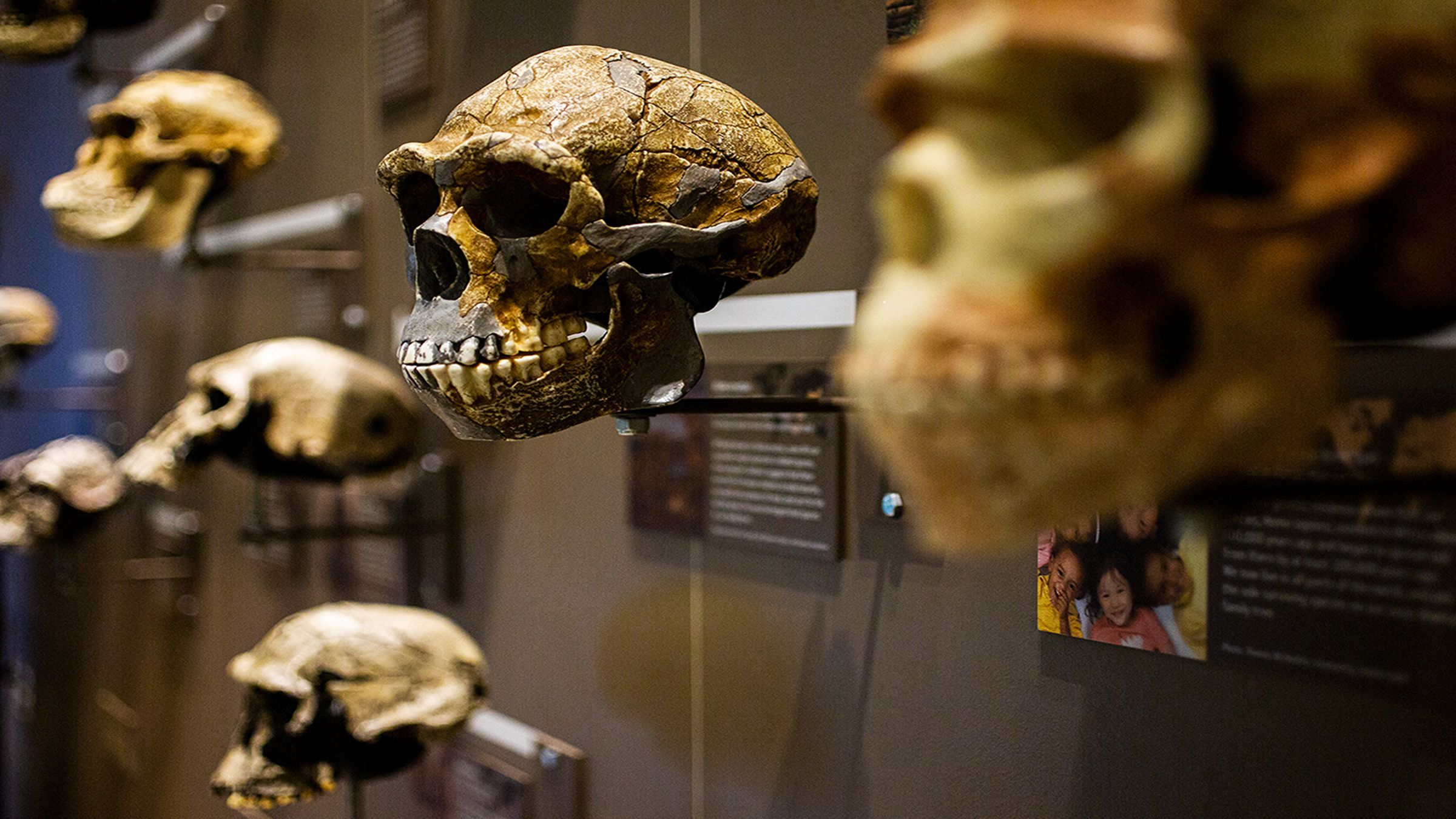
Final Thoughts
Whether you’re exploring the fossil record, studying genetics, or observing changes in modern species, the evidence is clear: evolution is real, and it’s ongoing. Understanding evolution helps us appreciate the complexity and beauty of life on Earth — and the science that reveals our shared biological heritage.
News in the same category

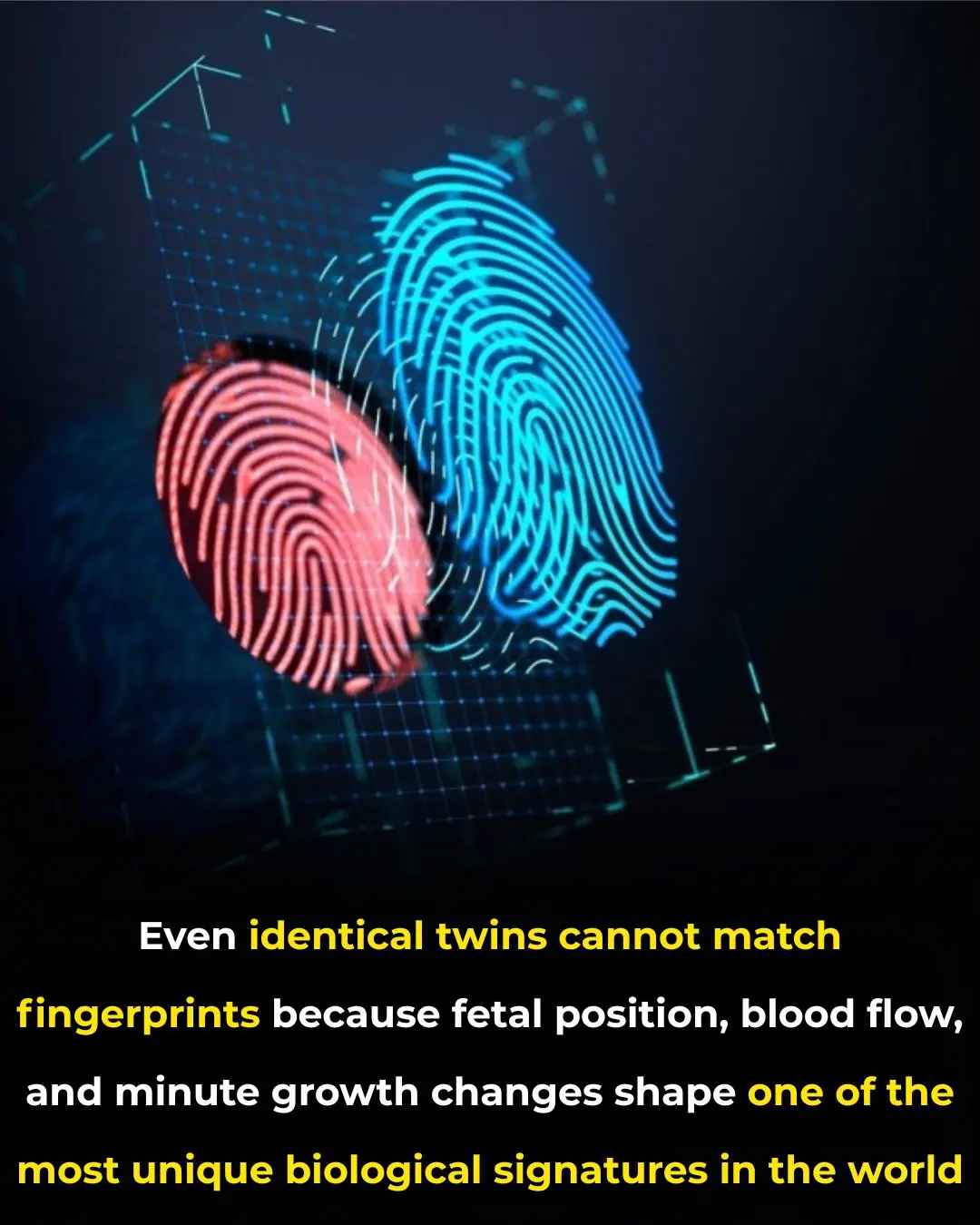
Fingerprint Individuality: A Story Written by Biology, Environment, and Chance

Northwestern Study Reveals Hidden Dangers in Youth Skincare Influencer Culture
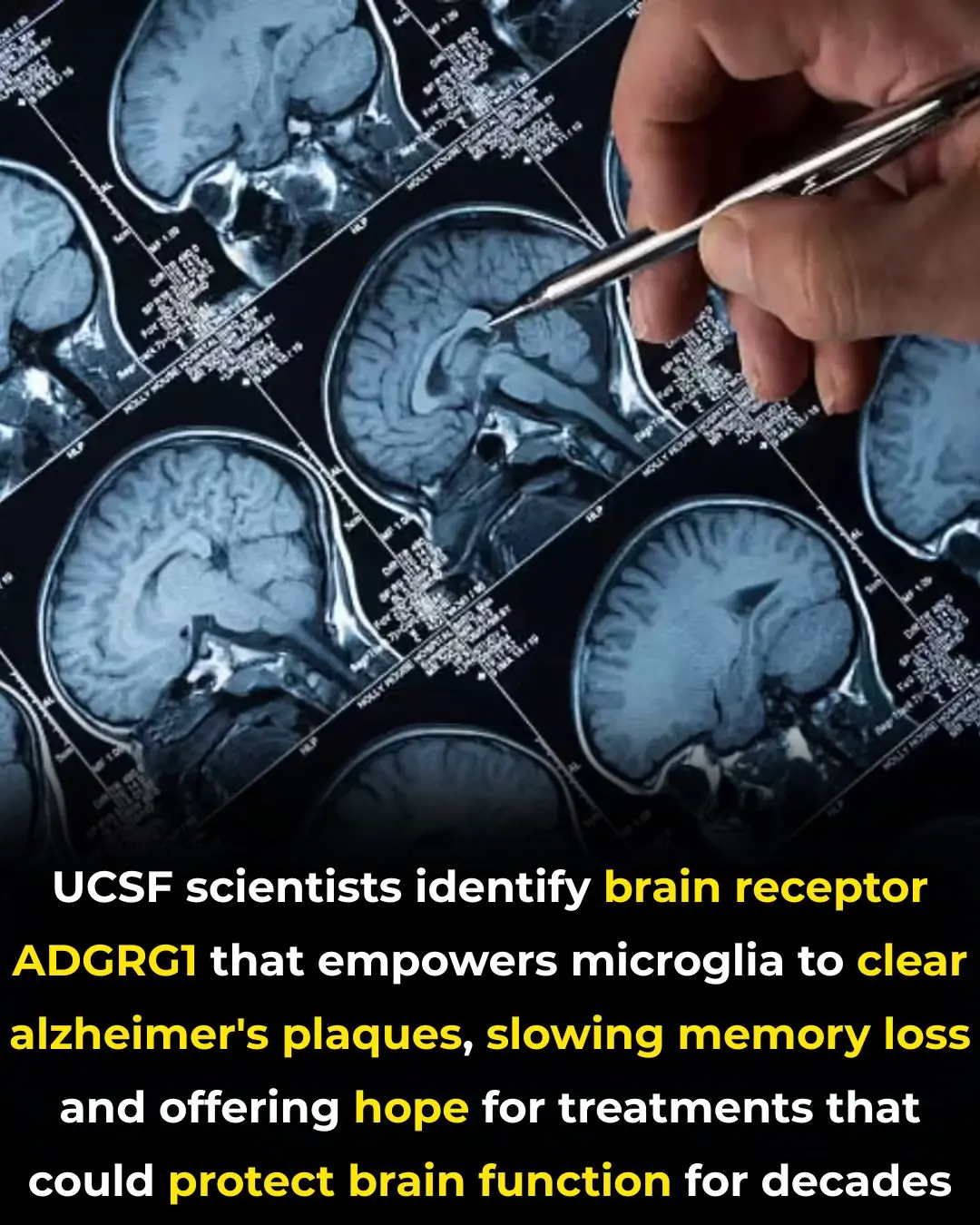
Scientists Discover a Brain Receptor That Acts as a Natural Shield Against Alzheimer’s

A Fluorescent Breakthrough: New Dye Helps Surgeons Precisely Target Prostate Cancer
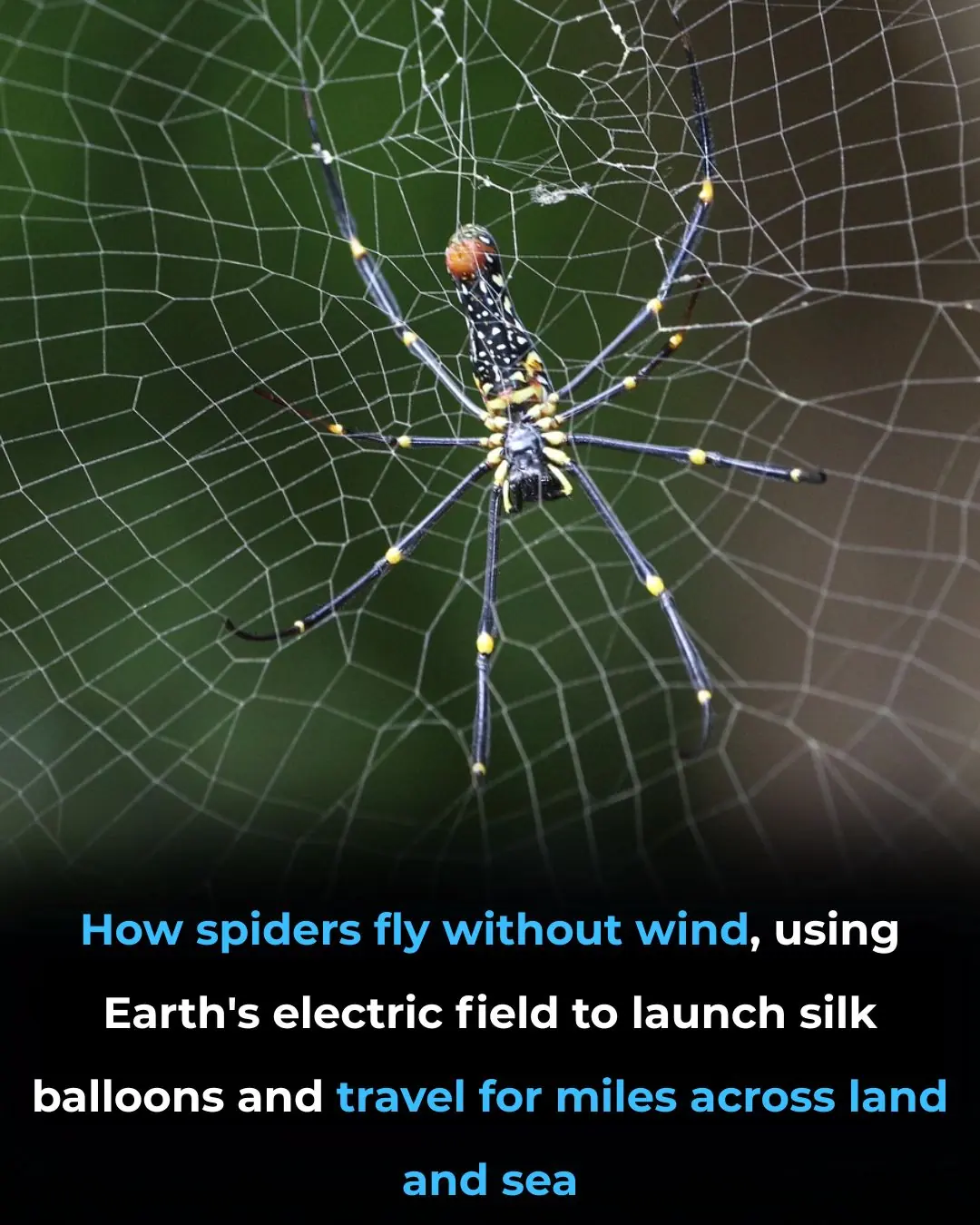
The Shocking Secret of Spider Flight: How Electric Forces Lift Them Into the Sky
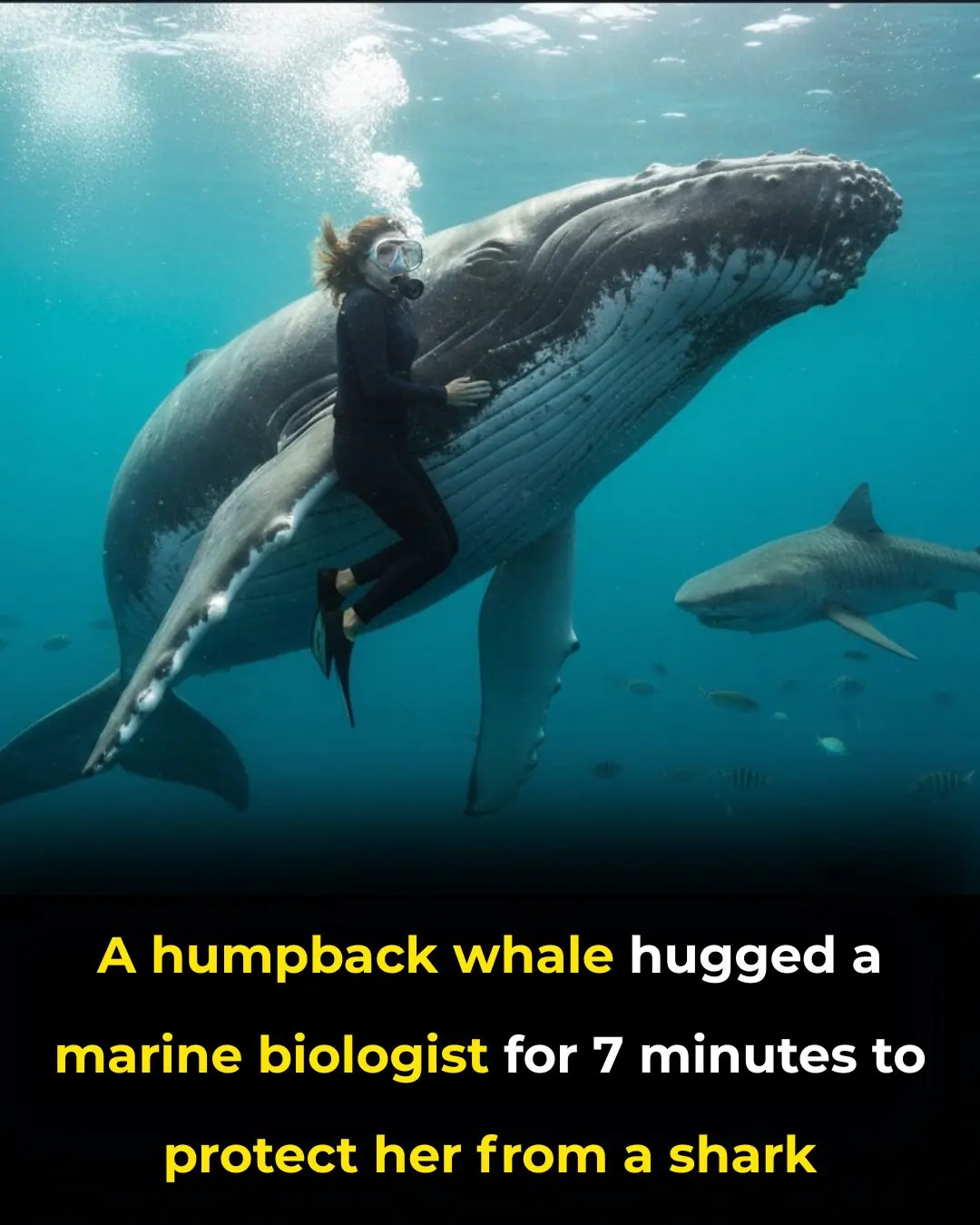
When a Humpback Whale Became a Hero: The Extraordinary Rescue of Marine Biologist Nan Hauser

🤯 Beyond the Void: How Quantum Physics Suggests the End of Life Is an Illusion

🧠 Medical Marvel: The Bullet That Accidentally Cured Severe OCD

If you kiss a deceased loved one, you should know that it causes ...

When a Woman Bites Her Lip While Staring at You, It Means She Is ...
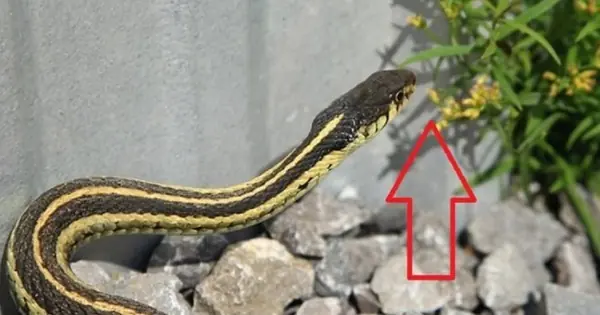
3 flowers that make snakes tremble with fear — beautiful and safe to plant around your home
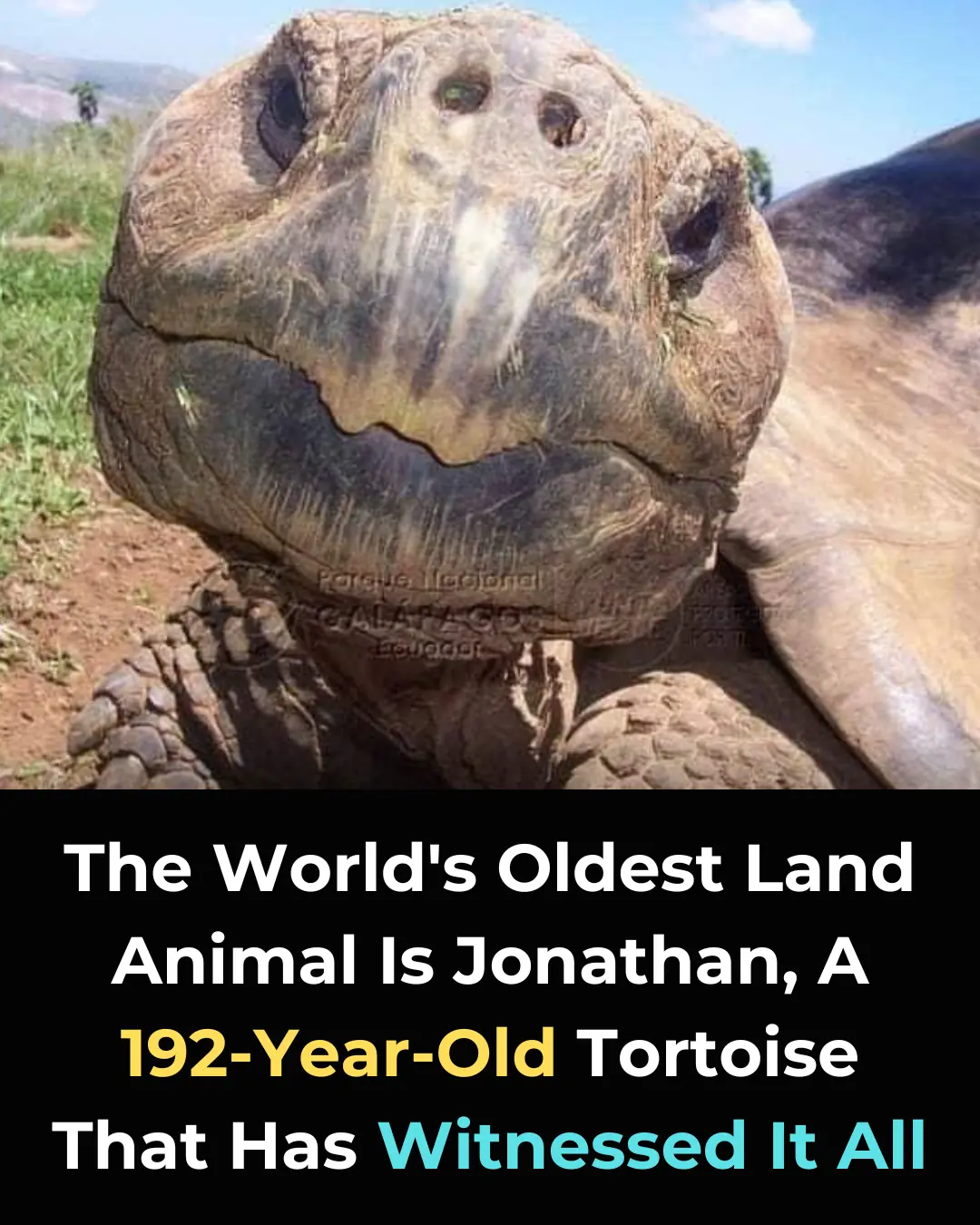
Meet Jonathan: The 192-Year-Old Tortoise Who Has Witnessed History and Continues to Inspire
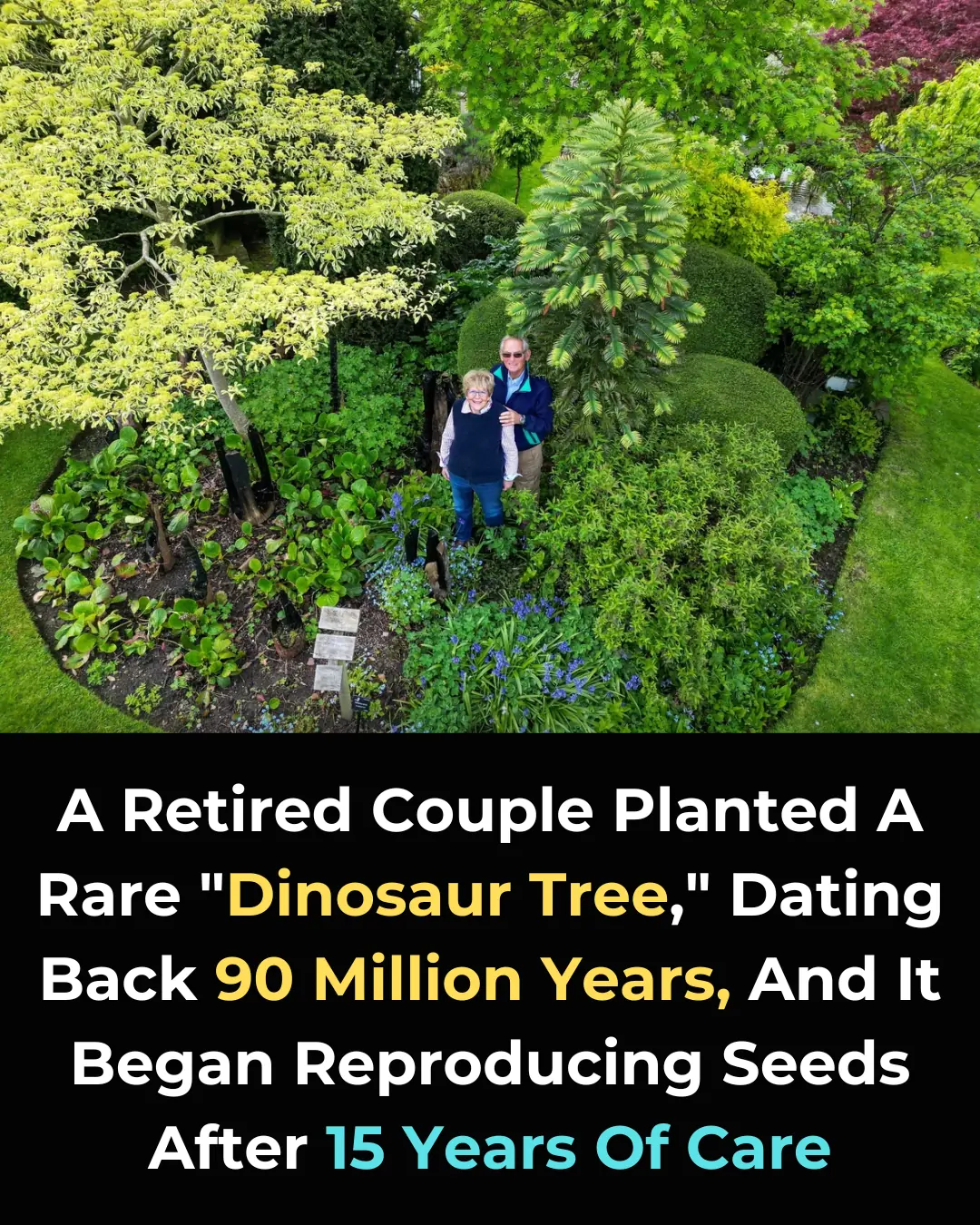
Retired Couple in UK Successfully Nurtures 90-Million-Year-Old Wollemi Pine, Leading to Its First Reproduction Outside Australia

Stem Cell Therapy for Type 1 Diabetes Shows Promise in Human Clinical Trials

Have you noticed small white spots on your arms or legs… and you don't know what they are?

How Guyana Became the Only Nation Fully Self-Sufficient in All Seven Major Food Groups

Donald Trump's new scarf leaves everyone saying the same thing
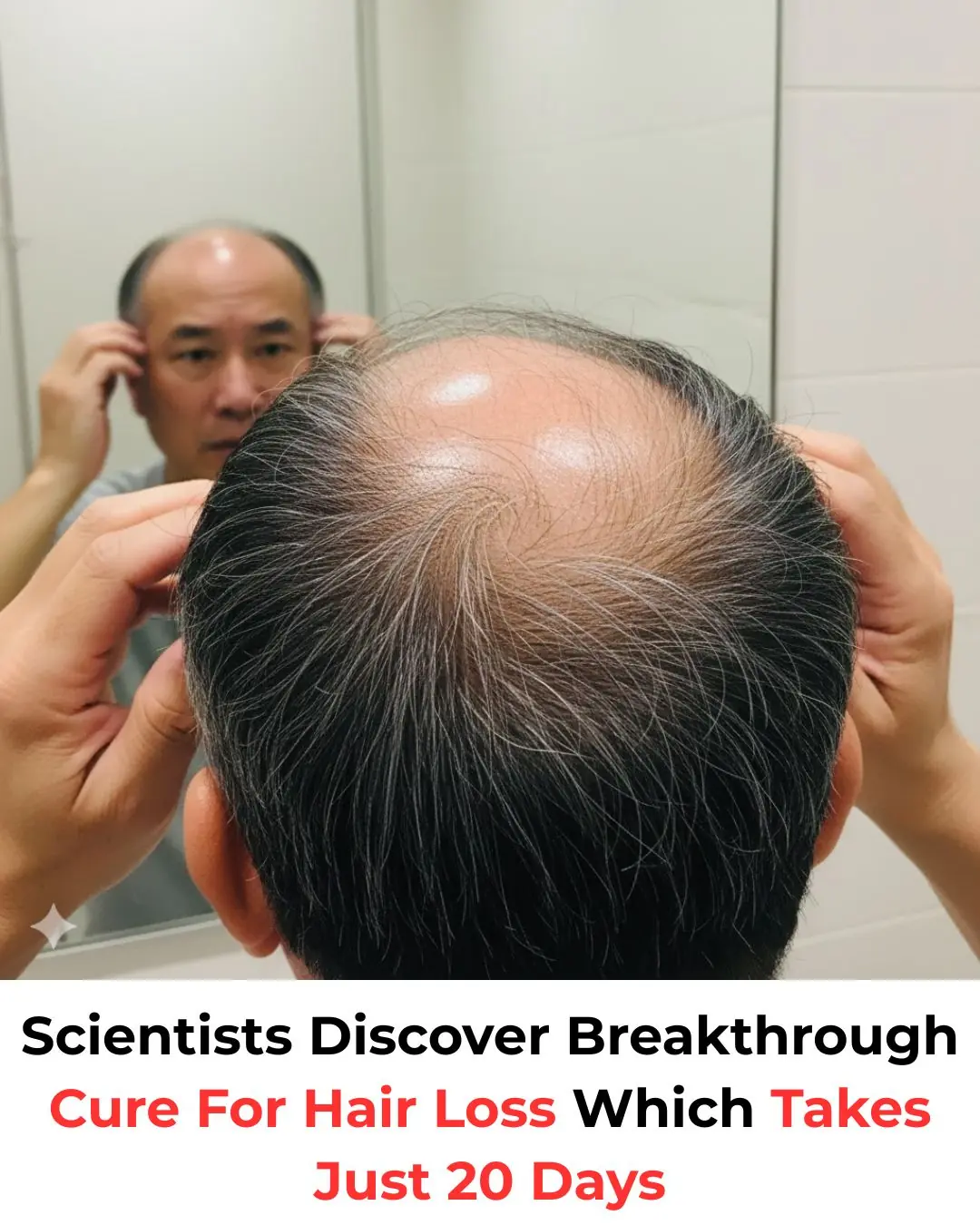
Scientists May Have Just Found a Breakthrough Hair-Loss Treatment

Panama's Marine Collapse: The End of a Key Ocean Upwelling System and What It Means for the Future
News Post

🛁 Say Goodbye to the Shower: Japan Unveils the 15-Minute "Human Washing Machine"

Fingerprint Individuality: A Story Written by Biology, Environment, and Chance

Northwestern Study Reveals Hidden Dangers in Youth Skincare Influencer Culture
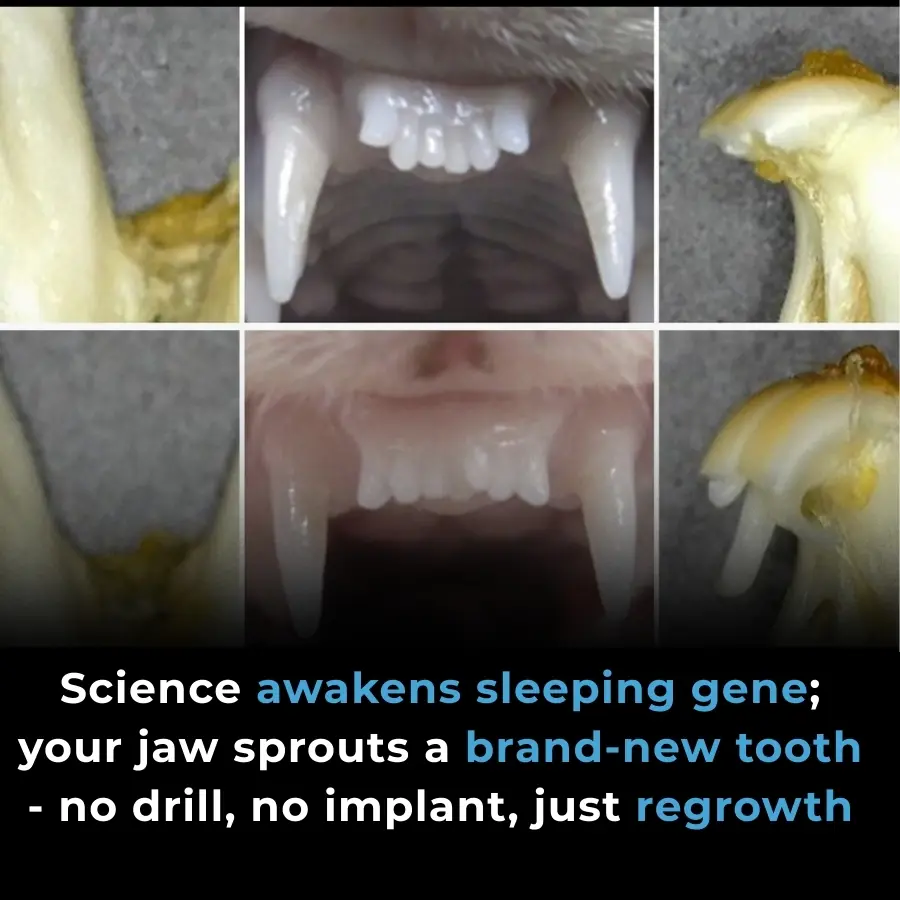
Japanese Scientists Launch Human Trials for TRG-035, a Drug That Could Regrow Lost Teeth Naturally

Scientists Discover a Brain Receptor That Acts as a Natural Shield Against Alzheimer’s

A Fluorescent Breakthrough: New Dye Helps Surgeons Precisely Target Prostate Cancer

The Shocking Secret of Spider Flight: How Electric Forces Lift Them Into the Sky

When a Humpback Whale Became a Hero: The Extraordinary Rescue of Marine Biologist Nan Hauser

🤯 Beyond the Void: How Quantum Physics Suggests the End of Life Is an Illusion

Mauro Morandi: Living 33 Years in Complete Solitude on a Remote Italian Island

🧠 Medical Marvel: The Bullet That Accidentally Cured Severe OCD

One simple scoop a day can spark full-body healing — here’s what happens next

Twenty-Year-Old Nokia 3310 Still Holds 70% Battery, Highlighting the Longevity of Early Mobile Phones

Magnetic Rice-Sized Robot Could Revolutionize Non-Invasive Kidney Stone Treatment

4 Unusual Morning Pains You Should Never Ignore — They May Signal a Hidden Tumor

Quick & Easy Freezer Defrost Hack: Melt Ice in Just 5 Minutes with Zero Effort

A Love That Never Looked Away — The Story of Ron and Cheryl.

Warning: The 2 Foods That Trigger Cancer Risk the Most

Thrown Away Like Trash — Saved By a Man With a Heart of Gold.
